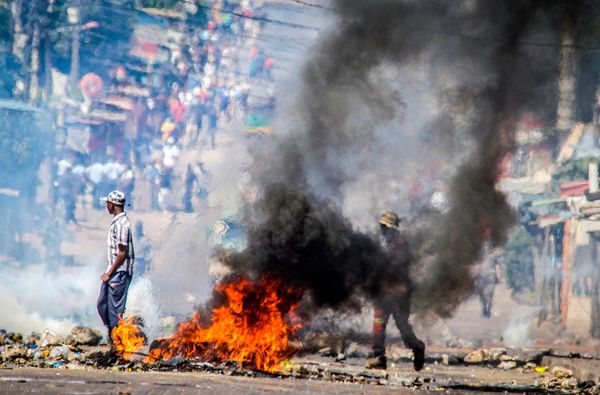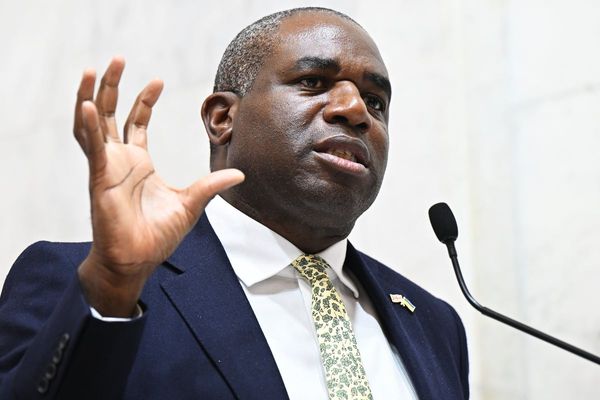President Biden has had to deal with a lot in the first two years of his presidency.
Between the pandemic, inflation, and a war in Eastern Europe that has no signs of abating anytime soon, the President has had a lot on his plate.
Arguably the biggest part of the meal he needs to get his hands on is gas prices, however, and this week he found out that the oil cartel OPEC+ won't be lending him a helping hand anytime soon.
OPEC on Wednesday announced that it will impose production cuts of 2 million barrels per day starting in November, following the group's first face-to-face meeting since 2020, when the group slashed output by a record 10 million per day due to the pandemic.
The move comes as oil prices dropped into the $80 range. On Wednesday, international benchmark Brent Crude prices were rising 1.4% to $93.06 per barrel while U.S. benchmark West Texas crude rose 1.09% to $87.46 on the Nymex.
Natural gas prices were also up 1.5%.
Oil Prices in the States
"The President is disappointed by the shortsighted decision by OPEC+ to cut production quotas while the global economy is dealing with the continued negative impact of (Russian President Vladimir) Putin’s invasion of Ukraine," the White House said in a statement.
While Russia is not one of the 15 members of OPEC, the country's war with Ukraine has had a direct effect of oil and gas production on the global scale.
At home, Floridians are still reeling from the devastating effects of Hurricane Ian, which knocked out power for 2 million residents in the state.
Refinery disruptions, including fires and routine maintenance, occurred during a short period of time, pushing wholesale gas prices higher and are "contributing to wild fluctuations as areas of the West Coast, Pacific Northwest, Great Lakes, and Plains have seen significant refinery issues leading to supply challenges, causing prices to spike even as oil prices have dropped," said Patrick De Haan, head of petroleum analysis for GasBuddy.
Weekly gas prices rose seven cents last week to $3.79 per gallon, driven by tight supply and increased demand as more drivers fuel up, according to AAA.
To fight rising gas prices in California, which leads the states by far with an average of $6.37 per gallon, announced that it will allow the sale of less expensive winter blend gasoline a month ahead of schedule, but Wednesday's OPEC news could make those mitigation efforts hollow.
Gas demand increased nationally from 8.32 million barrels per day to 8.83 million b/d, according to the Energy Information Administration.
Political Fallout for Biden
While gas prices are down from the record high they reached earlier this year, they are still much higher than they were last year.
The national average of $3.79 is the same as it was 30 days ago, but 60 cents more than it was a year ago.
The biggest fallout may not be at the gas pump however, it may be at the ballot box.
Democrats are already behind the eight-ball when it comes to this year's midterm elections as the incumbent party often has a tough time in the period between Presidential elections.
It's even tougher when the current President, technically the head of the Democratic part, is struggling with his approval ratings.
"The rise in gas prices have been strongly correlated with Biden's rising disapproval rates," according to the University of Michigan Journal of Economics,
Joe Biden's approval recovered over the summer thanks in part to stabilizing oil prices, but a new Reuters/Ipsos poll shows that his approval rating edged down to 40% a little more than four weeks out from the Nov. 8 election day .
That level is still ahead of the 36% Biden was polling at earlier this year.







